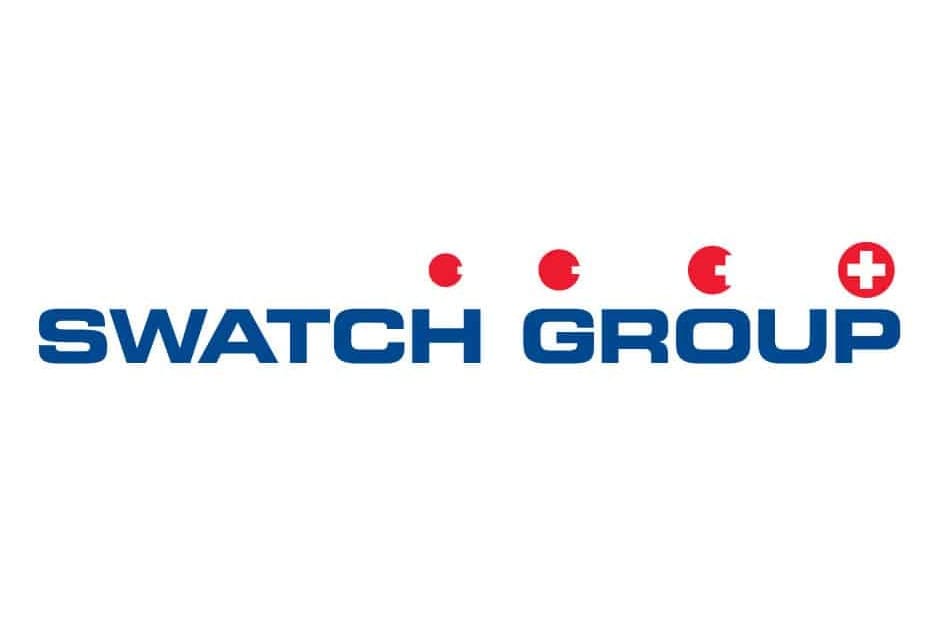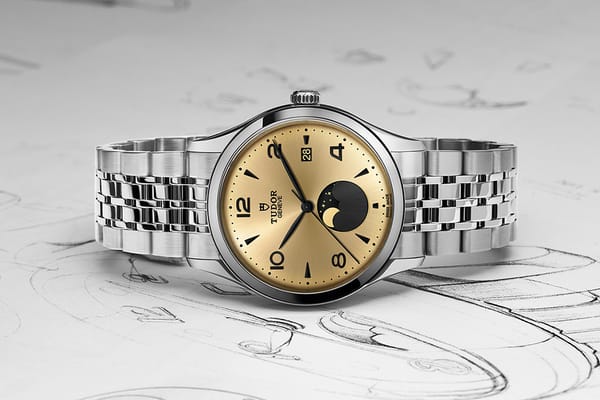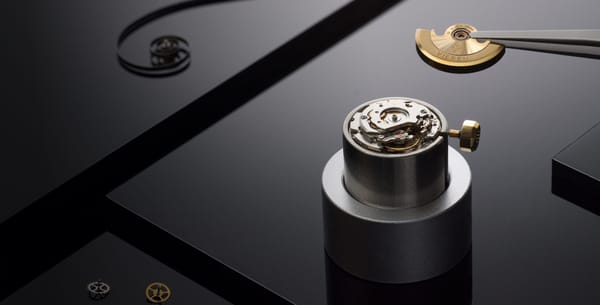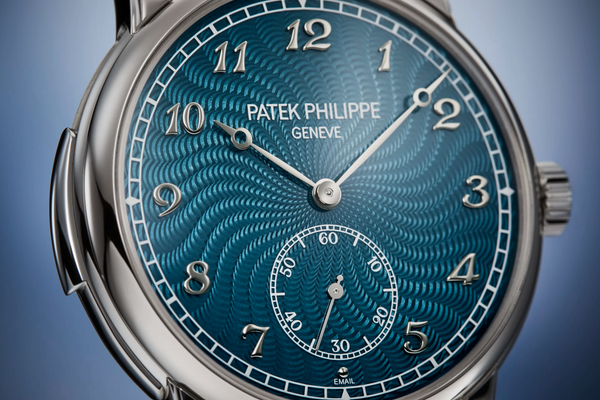Swatch Group Turns U.S. Tariffs Into Opportunity, But Calls Swiss Government "Too Weak"
Swatch Group defies U.S. tariffs with strong sales, small price hikes, stockpiling strategy, and sharp criticism of Swiss government’s weak stance.

● Swatch reports strong U.S. growth, even with the new 39% tariffs in place.
● Prices will rise by 5–10%, but consumer demand remains solid across brands.
● The company shipped extra stock, now covering up to ten months of U.S. sales.
● CEO Nick Hayek accused the Swiss government of weakness in handling Washington.
Swatch Group’s extraordinary call with investors this week was less about numbers than about narrative. CEO Nick Hayek sought to calm speculation that U.S. tariffs on Swiss watches would devastate the company. Instead, he projected resilience, even optimism, framing the situation as an opportunity rather than a crisis.
The company’s own figures provide some justification. Sales in the United States have been expanding at double-digit rates through 2025, with July growth near 20 per cent and August forecasted even higher.
That trajectory continued despite price hikes of up to 8 per cent in April, an early response to the initial 10 per cent levy. Consumer demand, according to Hayek, remains undeterred. Stockpiling measures have also allowed Swatch to absorb new tariffs with limited impact, giving the company room to adjust prices gradually.
Hayek’s message was clear: the burden of the 39 percent U.S. tariff will not be carried by the company but shifted downstream to consumers, in the form of price increases between 5 and 10 percent.
His confidence rests on two pillars. First, the willingness of consumers to continue paying premiums for Swiss-made brands, even as competitors like Seiko and Citizen also move prices upward. Second, Swatch’s logistics strategy, which has secured up to ten months of U.S. inventory, enabling a controlled response to trade shocks.
But beyond the operational details, the call revealed Hayek’s frustration with Switzerland’s political stance. He criticized the Swiss government as timid and ineffective in confronting Washington, contrasting this with his own strategy of projecting strength. By recounting a Chinese business leader’s surprise at Switzerland’s apparent weakness, he underscored the reputational risks of passivity. In Hayek’s telling, the watch industry is showing more resolve than the state itself.
This positioning serves a dual purpose. For investors, it reassures that Swatch is not paralyzed by geopolitics but proactive in shaping outcomes. For the broader public, it places the group as both guardian of Swiss industry and advocate of national strength, a narrative that transcends the tariff dispute.
Still, the optimism carries caveats. Hayek was careful not to provide forecasts beyond the immediate horizon, repeatedly refusing to quantify group-wide performance.
The U.S. surge may not fully offset persistent weakness in China, a market where recovery remains slow. Analysts pressed him on this point, noting that Swatch has often highlighted double-digit gains in specific regions without translating them into sustained global growth.
The larger question is whether consumer appetite can indefinitely bear the cost of geopolitical frictions. Hayek argues that the modern watch buyer is less price-sensitive, valuing heritage and quality over marginal increases.
For now, that assumption appears valid, with demand for brands like Omega, Longines, and Tissot showing little sign of weakening. Yet it is a bet that hinges on continued brand strength and consumer loyalty.
The call’s significance lies less in the financial disclosures than in the narrative reset it offered. By reframing tariffs as a catalyst rather than a catastrophe, Hayek shifted the conversation from survival to opportunity.
Whether investors share that confidence is another matter: Swatch shares fell three per cent following the call. But as a piece of corporate messaging, it was striking. It suggested that in the face of political disruption, Swatch’s strategy is to double down on confidence and to publicly demand the same from its own government.




